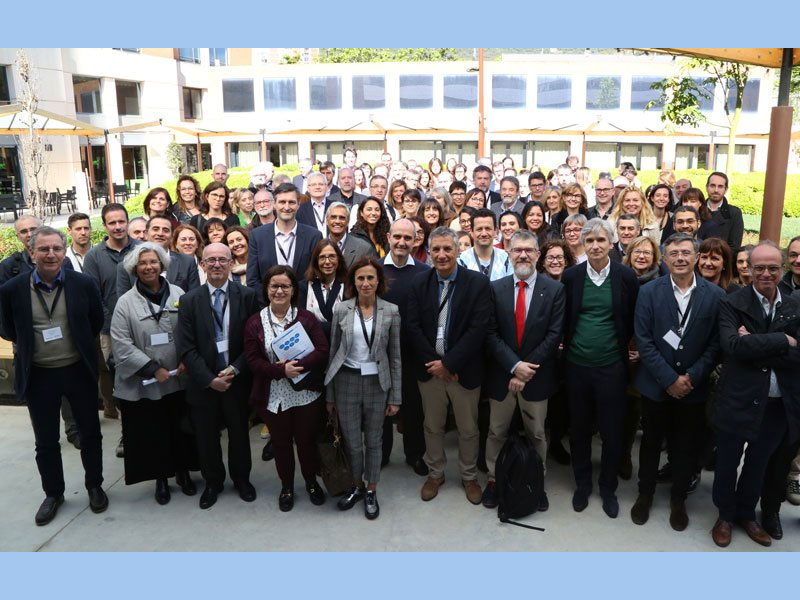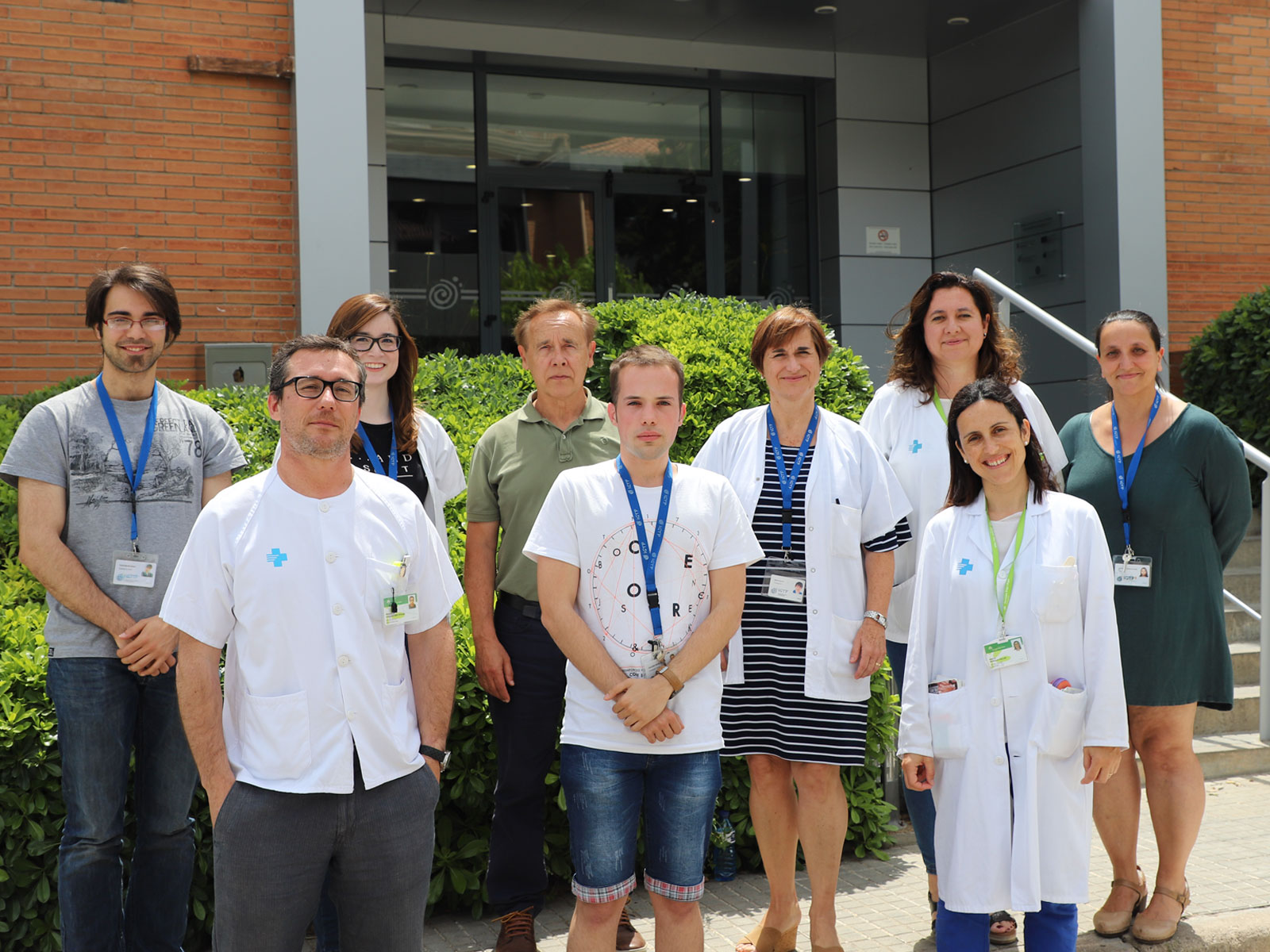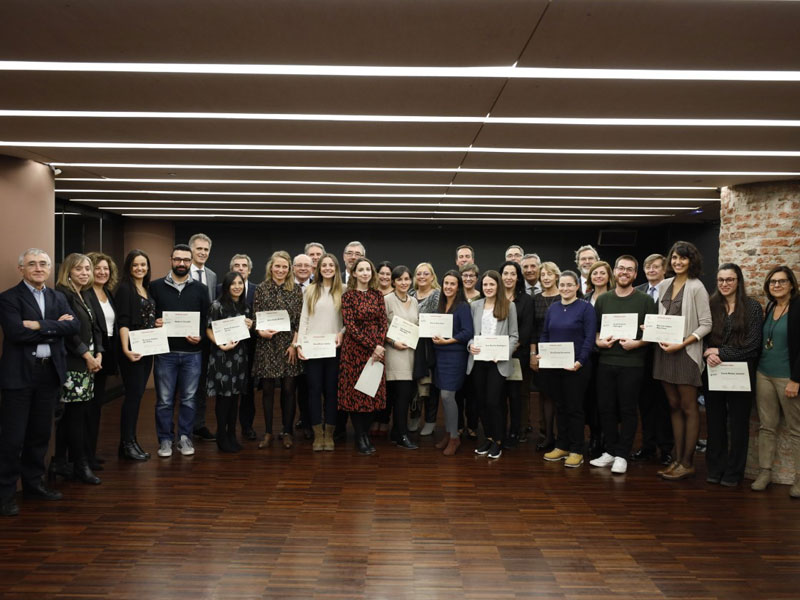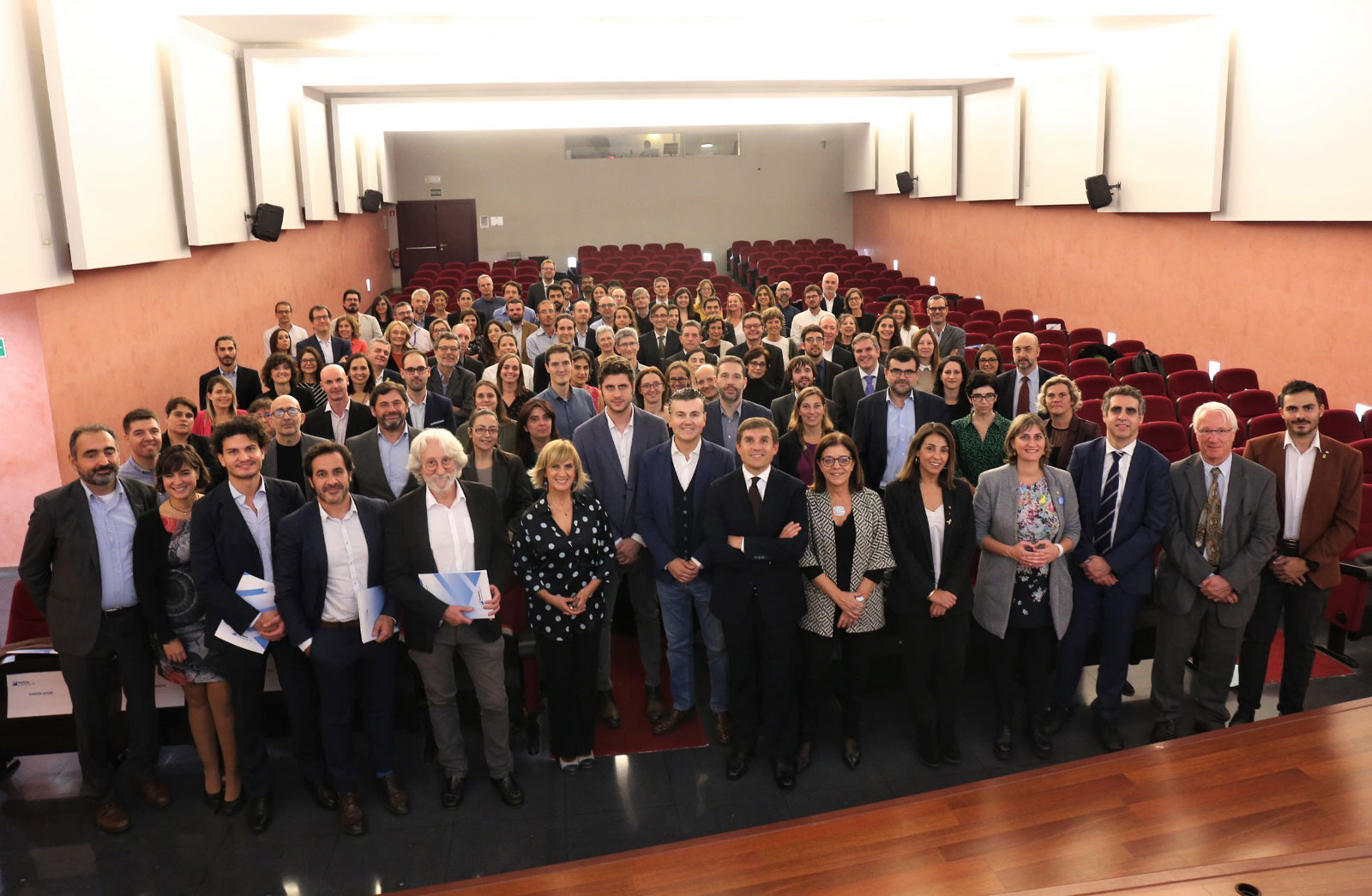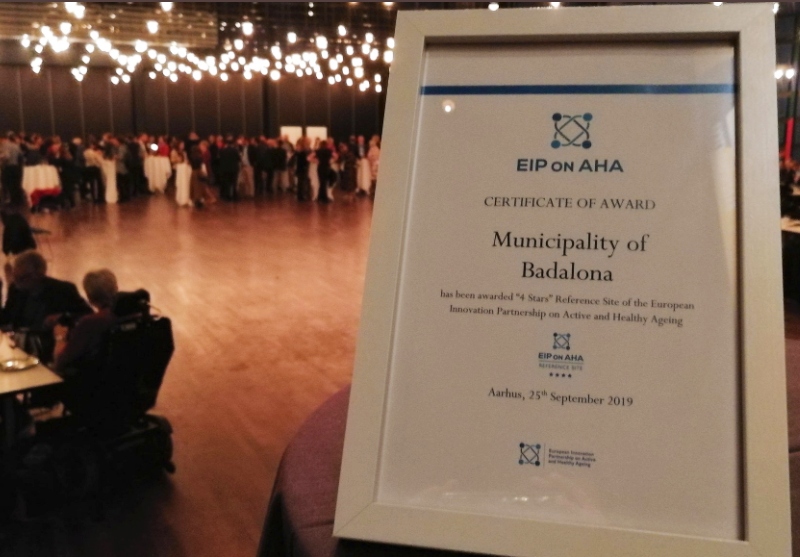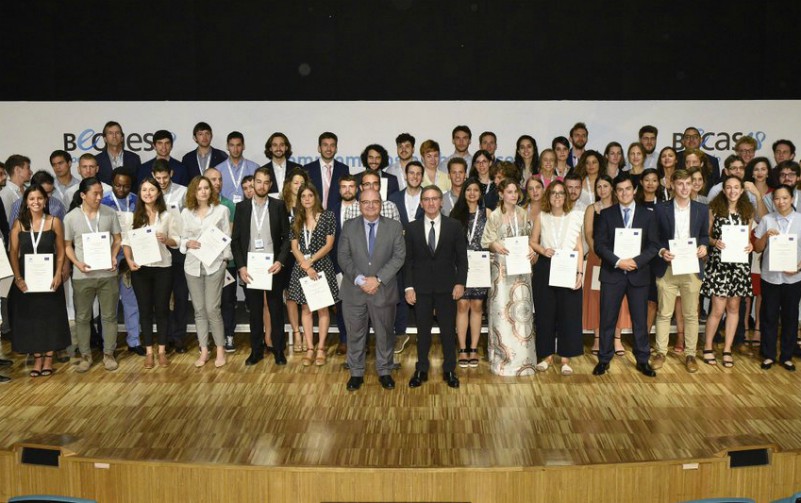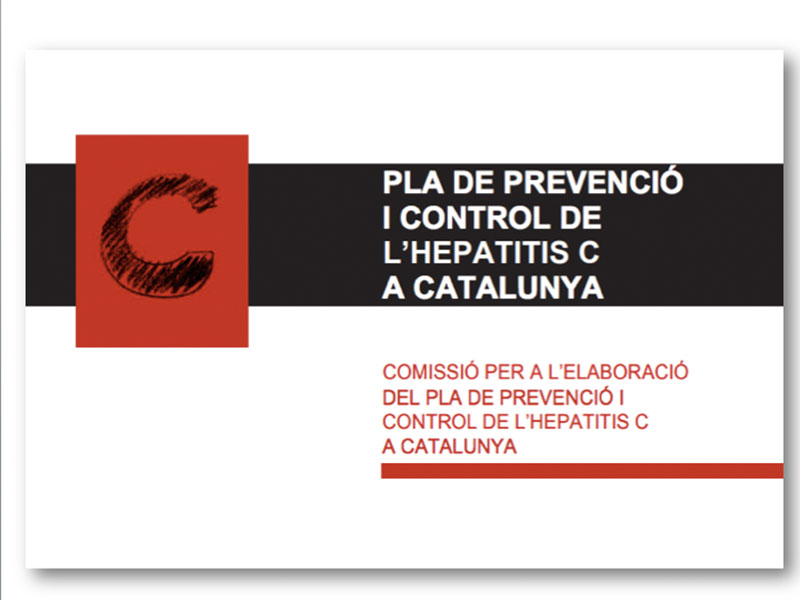The IGTP in IRISCAT, the new alliance of health research centers in Catalonia
The IRISCAT Alliance is a cooperative work space formed by the 7 research and innovation institutes linked to the ICS, in a first phase; the mechanisms for future incorporation of other centers will be established. The objective of the alliance is to take advantage of the synergies of the institutes to enhance and make the translational and clinical research of the Catalan health system more competitive, in order to enhance this reference hub in southern Europe.
